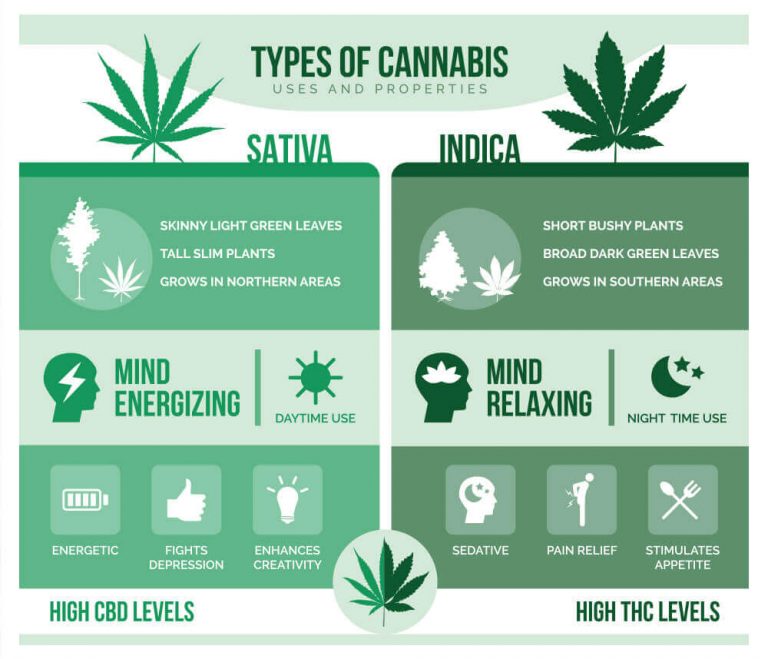Demisexuality is a sort of sexuality or sexual orientation that exists between two people. A deep emotional relationship or connection with another person is required for people who identify as demisexual to experience sexual attraction to them.
For more information on what it means to be a demisexual, as well as how demisexuality differs from other sexual orientations, continue reading. We also provide answers to some more frequently asked questions on the issue, which are listed below.
Definition

People who have developed a strong personal bond with another person are more likely to experience sexual attraction towards that person. Demisexuality is a term used to describe a person who is in this situation.
According to the Demisexuality Resource Center, a demisexual person will experience sexual attraction and the desire to engage in sexual activities far less frequently than the general population.
For example, most people can feel sexually attracted to people they meet in public, at work, or at school who they have never met before. In some cases, this is solely based on physical attraction and is triggered by simply looking at the individual.
An individual who is demisexual, on the other hand, will only feel sexual attraction towards another after developing a strong emotional bond with them. If they have a strong sexual attraction to someone, they may choose to engage in sexual activity with them, but the desire to do so is usually much weaker. Despite the emotional connection, it is possible that it will never develop in some cases.
In other words, while an emotional bond does not guarantee that a person will have any sexual desire, it is required for them to even consider engaging in sexual activity.
A demisexual person’s emotional bond does not have to be romantic in nature in order for them to be meaningful. It is possible that the bond is formed as a result of a close and otherwise platonic relationship with another person.
From person to person, the length of time it takes for this emotional bond to develop can vary significantly. A bond can form quickly for some demisexual people when they are exposed to certain situations, such as sharing a brief sexual experience with someone. Others may take years to form a strong emotional attachment to someone.
A bond does not guarantee that the other person will experience sexual attraction, and even if they do, it does not necessarily imply that they will act on their feelings of sexual attraction.
Individual’s sexual orientations
There are some similarities between demisexuality and other sexual identities, but there are also some significant differences.
Asexuality
A person who identifies as asexual has no sexual attraction to anyone else and has no desire to have sexual relations with anyone else. According to the Demisexual Resource Center, the asexual spectrum is divided into two parts: asexuality on one end and nonasexuality on the other.
Demisexuality is located midway in the middle of this continuum since a demisexual person will have very little sexual desire towards other people in their life. Nonetheless, the most significant distinction is that demisexual people can experience sexual attraction and a desire to have sex if they have formed an emotional attachment to another individual.
More information on asexuality can be found here.
Gray-asexuality
Gray-asexuality, also known as grey asexuality, is a form of asexuality that exists on the asexual spectrum, similar to demisexuality. People who identify as gray-a are less sexually attracted or wish to engage in sexual activities on a regular basis than people who identify as demisexual.
According to GLAAD, a transgender advocacy organisation that works to promote transgender acceptance and rights, a person who is gray-a may experience sexual attraction for a variety of reasons.
People who identify as gray-a may do any of the following:
- experience sexual attraction infrequently, but it does occur sometimes
- experience sexual attraction but have a low sex drive
- have specific reasons why they feel attracted to and enjoy sex with others
While both gray-asexual and demisexual persons experience sexual desire on a rare occasion, the fundamental difference between the two is that gray-asexual people do not necessarily require an emotional attachment in order to sense sexual attraction on a regular basis.
Gray-a is a fairly inclusive sexual orientation, which means that there are a variety of ways in which a person can identify as gray-a in society. Individuals who identify as gray-a can define themselves as they like, according to the Demisexual Resource Center.
Sapiosexuality
Demisexuality and sapiosexuality are comparable in some aspects, as is heterosexuality. The most striking resemblance between sapiosexuals and demisexuals is that both have a restricted number of people to whom they may be attracted, as does a person who identifies as demisexual.
The most significant distinction is that a sapiosexual person is drawn to intelligence or the mind of the other person, whereas a heterosexual is attracted to physical attraction. The emotional link is not the most important aspect in this case.
The authors of a recent study that looked at whether IQ specifically was the most desirable trait for sapiosexuals came to the conclusion that it was not the most essential component in their decision. It appears that subjective intelligence is more essential than objective intelligence, which is what an IQ test evaluates, according to the findings of this study.
Pansexuality
People who identify as pansexual are capable of feeling sexual attraction to anyone, regardless of their gender, sexual orientation, or sexual identity (or lack thereof).
The level of attraction that they experience towards people with varying gender identities may change from person to person. With this in mind, someone who identifies as pansexual may be more physically interested in females, but they may also find themselves sexually attracted to some males, depending on their circumstances.
Why label sexual identity?
Putting a name on a certain sexual identity might help people feel included and know that they are not alone in their thoughts and feelings. Demisexuality allows a person to identify with a bigger group of people who are also demisexual by choosing to use the term “demisexual.” This may assist them in feeling supported, in providing assistance to others, and in finding acceptance.
Do demisexuals desire sex?
Sexual behaviours and sexual attraction are two completely different things.
In some cases, a someone who identifies as demisexual may experience sexual attraction to a person with whom they have a strong emotional bond, but they may not have strong sex drive or a strong desire to engage in sexual activities with that person.
Like everyone else, persons who identify as demisexual can experience varying degrees of sex drive, but in general, demisexual people do have the ability to desire sex.
Is it normal to want sex only after getting to know someone?
Most people can be sexually attracted to a number of different persons at the same time, regardless of whether they have an emotional relationship with them or how familiar they are with them. A person’s urge to have sexual relations with others is not always confined to those with whom they are familiar.
While some people want to have sex only with those with whom they are already in a relationship, others may desire to have sex with someone they have only recently met. They both have perfectly normal approaches to sex.
In conclusion
A person who identifies as demisexual will only develop sexual desires for another person if they have a strong emotional bond with that person.
This sexual attraction does not necessarily imply that the individual is interested in engaging in sexual activities with the other person, but it does suggest that they are.
When it comes to sexual orientation, demisexuality is considered to be a component of the asexual continuum, which implies that a person who identifies as demisexual will probably have a lesser sex drive than the average person.
Demisexual people, on the other hand, can participate in sexual interactions after forming an emotional attachment or connection with another person, whilst asexual people fully refrain from sexual behaviours.
Sources
- https://asexuality.org/?q=overview.html
- https://www.glaad.org/amp/ace-guide-finding-your-community
- https://www.medicalnewstoday.com/articles/327272
- https://static1.squarespace.com/static/56bbb7e4f8baf3d9ee6c5ed6/t/56f04ff527d4bd8d421204ad/1458589686794/SPECTRUM.pdf
- https://www.thetrevorproject.org/trvr_support_center/asexual/







